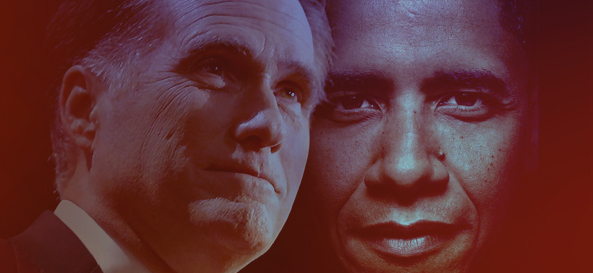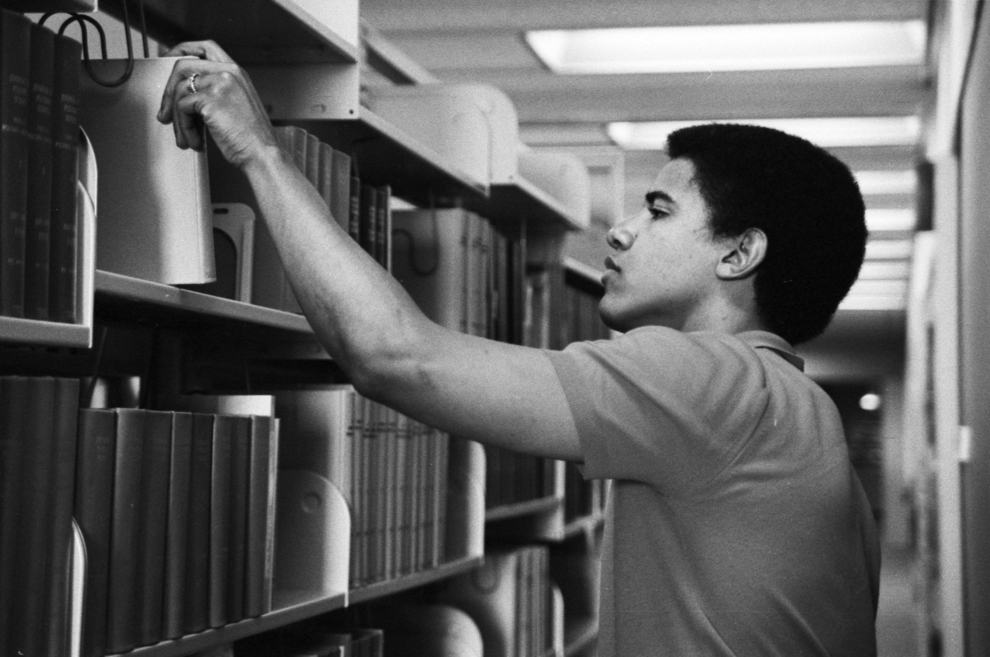
It’s been the kind of election year that will leave everyone sighing with resounding relief when it’s all over on the morning of November 7.
But to get to that morning, we have to get through 34 more days. That’s 34 more days of campaign speeches, “approved by” commercials and, of course, the debates—debates that begin tonight, with the first face-off between President Barack Obama and former governor of Massachusetts Mitt Romney.
It would be easy to not even watch the debate. In an election season filled with mudslinging, vitriol and an arguably higher level of partisanship than we’ve ever witnessed before, why bother? Some political experts argue that debates rarely sway voters—indeed, they often further entrench people in their own beliefs—but the debates do seem to make a difference for that slender crowd that will be this election’s deciding factor: the swing voters.
Ultimately, the worth of the presidential debates is, well, debatable. But in a country where we have the freedom to elect officials, we have the responsibility to do so in an informed manner. In that sense, watching the debates becomes a sort of civic duty.
So, how can you make the most of the evening without growing even more disillusioned with politics? Here are five ways to ensure tonight’s debate (and each one after it) better informs your vote.
1. Remember it’s not really a “debate.”
This isn’t your high school debate team. The format the campaigns make the networks agree to doesn’t allow for any real, substantive debate, so you’ll be hearing the result of long hours poured into speechwriting, practice and scripting. There won’t be teleprompters—but there might as well be. If you’re tuning in for high-stakes argument, prepare to be disappointed.
Still, this is about as unscripted as you’ll get the candidates—so take full advantage.
2. Pay attention to style as much as substance.
So, if the candidates won’t be saying anything new, what can you really learn?
A lot.
Historically, the debates reveal character. This is where it becomes apparent whether the candidates have the stature, composure and diplomacy to lead a nation.
Additionally, this is America’s first chance to hear the candidates’ narratives in parallel, rather than the one-way attacks of billboards and detracting commercials—and the way the men react to each other’s words will say a lot.
Statistics and post-debate polls show voters are swayed more by a candidates mannerisms during a debate than by the actual substance of what is being said. Remember Al Gore in the 2000 presidential debates? In one debate, he left his podium and walked right up to George W. Bush in what appeared to be an attempt to intimidate him—and Bush, giving Gore no more recognition than a head nod (which received much laughter from the audience) came away on top. In a later debate, Gore was seen rolling his eyes and chuckling at Bush’s comments. Fifty years after the first televised presidential debate, people still note how sweaty and nervous Richard Nixon appeared facing off against John F. Kennedy—Nixon entered the debate with wide lead, and his appearance is widely credited with erasing that lead and handing Kennedy the win.
3. Understand the topic.
Each debate (there are three with the presidential candidates) focuses on a single topic of discussion, and the moderator for the night chooses specific questions within that category.
The topic of tonight’s debate? Domestic policy. So, expect the bulk of the conversation to revolve around the economy.
Also expect to hear two entirely different narratives tonight. While President Obama’s 2008 campaign revolved around the idea of “change,” tonight will be all about Obama trying to convince the nation we don’t need change now. He’ll argue the country is making progress and that, with the foundation laid and a start toward progress, this isn’t the time to make major changes—that we need to stick through the next few years in order to see any real growth in the economy.
Romney, of course, has an entirely different view. Romney’s argument is that his years of experience in business makes him exceptionally qualified to take America’s economic direction in a new direction—that he can do a better job of creating jobs than Obama. He will argue that Obama’s policies have failed and that America deserves a better vision going forward.
Expect to also hear some back-and-forth on the topic of health care (Obamacare is too socialist; Romney enforced the strikingly similar Romneycare in Massachusettes), plus questions regarding the candidates’ stances on welfare and a bit about education.
But the economy is where the money is—or, well, isn’t, at the moment.
4. Pay attention to argument depth.
For many voters, this is the candidates’ last chance to prove their respective points. The candidates are skilled speakers and have a knack for answering questions with shallow answers that, quite frankly, aren’t so much answers as distractions.
Critics of Romney point out that, thus far, the majority of his campaign has consisted of highlighting the flaws of the current administration. That’s a fair strategy for a candidate battling an incumbent president, but tonight’s debate is a chance for Romney to switch gears and lay out, in plain terms, what his plans are for the country. Coming off a shaky September in campaigning, Romney’s task is to prove he hasn’t written off 47 percent of the country, that his policies are right for America and that he’s relatable to the average Joe.
Obama has the task of proving he’s earned the right to a second term—or, at the very least, that changing tactics at this point would disrupt any progress the country is making.
Neither of the men will be able to accomplish these tasks set before them with answers that skirt the point of the matter. If you hear an answer you wish you knew more about, make a note of it and spend time doing research after the debate to dive deeper into where the candidate stands.
5. Be open to the “other” side—and be critical of your own.
This is the golden ticket, isn’t it?
Fact-checkers are going to work overtime tomorrow to vet each and every statement that comes from the debate. And yes—both sides will have faux pas.
The key to being an engaged debate-watcher is being prepared to be influenced. Even if you’ve already decided who you’re voting for in November, be prepared to listen with open ears to the other candidate and don’t be afraid to acknowledge that you may—gasp!—agree with one or two of his points.
Similarly, don’t be afraid to laugh at your party of choice—the candidates do. At the 2012 White House Correspondents’ Dinner, Obama joked, “Maybe we’ll just send Biden to this thing next year. No, never mind—that’s too risky.” Later in the evening Obama showed a video montage of some of the vice president’s greatest flubs.
It’s OK to admit your party has faults.
Acknowledging when your favorite candidate screws up, makes a mistake or—whoops—doesn’t do their fact-checking homework doesn’t have to make you insecure about your vote.
On the contrary, admitting they can do wrong puts you in a position of power: where you can make a voting decision based off the facts, rather than hype.






















